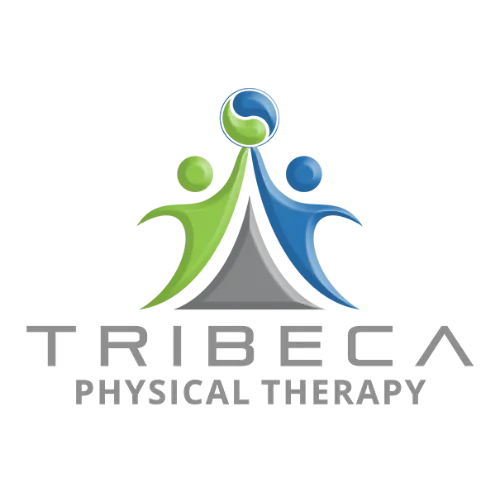New York
225 Broadway Ste 2735,
New York, NY 10007
P: (212) 406-8080
F: (212) 406-6550
E: info@tribecaphysicaltherapy.com
Physical Therapy in Tribeca
Let our team help you heal naturally
Most patients feel relief after their first session!




Top Rated Physical Therapists in Tribeca
Personalized Care from Our Team
There are no two people exactly the same. Therefore, injuries can be different even though they may affect the same body part. Our expert medical team will evaluate your condition and create a customized treatment plan that will get you back on track to being your best. Our team will guide you through each visit with personalized attention and dedication.
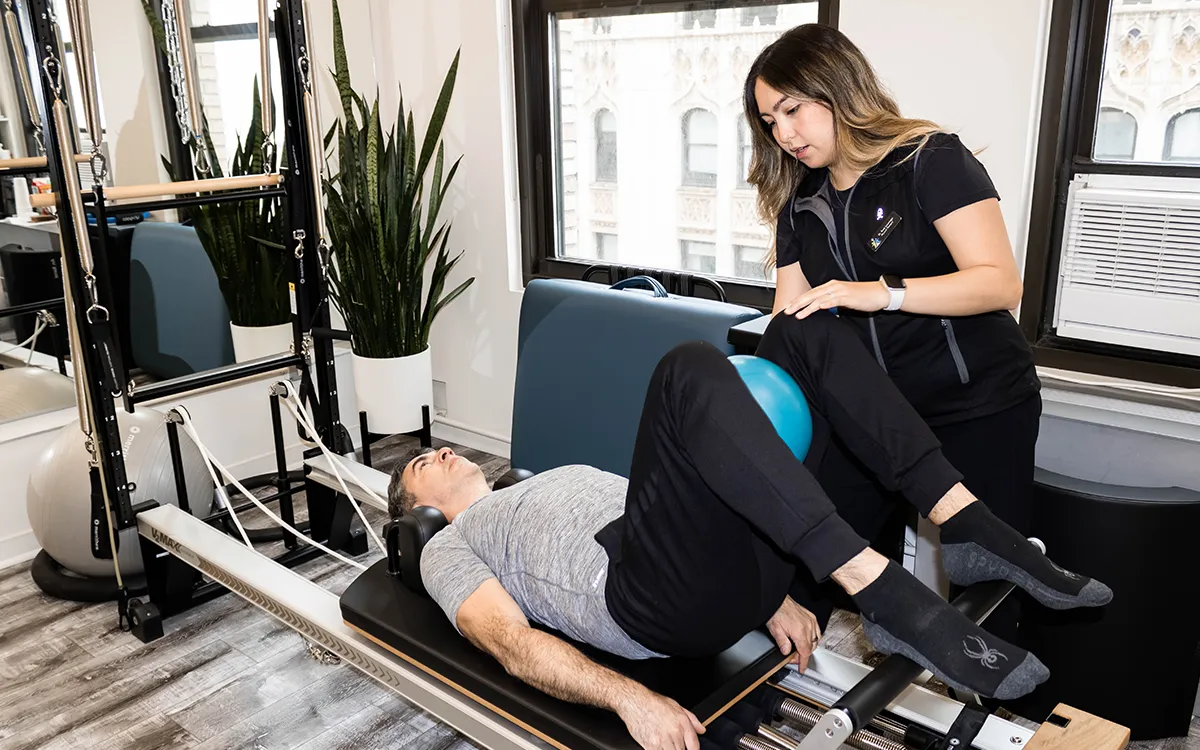
Our Proven 4-Phase Recovery Program
It can be frustrating and overwhelming when you’re in pain and don’t know where to turn for help. Our physical therapy experts will work with you one-on-one to identify the root cause of your pain and create a personalized treatment plan that will reduce your pain quickly. We’ll also provide you with helpful resources like exercises and pain reduction tips so you can continue to progress even after leaving our clinic. On average our patients see a significant reduction in pain in 6 visits or less.
We all know that reducing pain is important, but sometimes it’s hard to stay motivated after the initial relief. It can be tough to keep up the momentum after your pain has subsided. You may feel like you’re stuck in a rut and don’t know how to get moving again. During Phase II, we help you regain your mobility, flexibility, and strength so you can continue on your path to success. With our help, you’ll be primed for future performance and able to prevent injury.
You’ve been sidelined by an injury and you’re eager to get back to your old self as soon as possible. It’s frustrating when you’re injured and can’t do the things you love. Sitting on the sidelines is hard, especially when everyone else seems to be moving on without you. That’s where our physical therapists come in. We’ll help you rehab your injury so that you can get back to your old self as quickly as possible. With our personalized treatment plans and experienced therapists, we’ll have you feeling like yourself again in no time.
You’ve just suffered an injury and the last thing you want to do is go through the pain again. It’s normal to feel concerned that the injury will occur again. In fact, most people worry about this very thing. That’s why our physical therapists make sure that you are equipped with the tools needed to prevent any future injury. We’ll help you recover quickly and safely so that you can get back to your life as soon as possible.
Success Stories & Testimonials
Meet Our Team
KRISTIAN MARCIAL
PT, DPT
Cofounder & CEO
MONICA SALIU
PT, DPT
Cofounder & Clinical Director
JULIE ROSE
Physical Therapist
Treatments
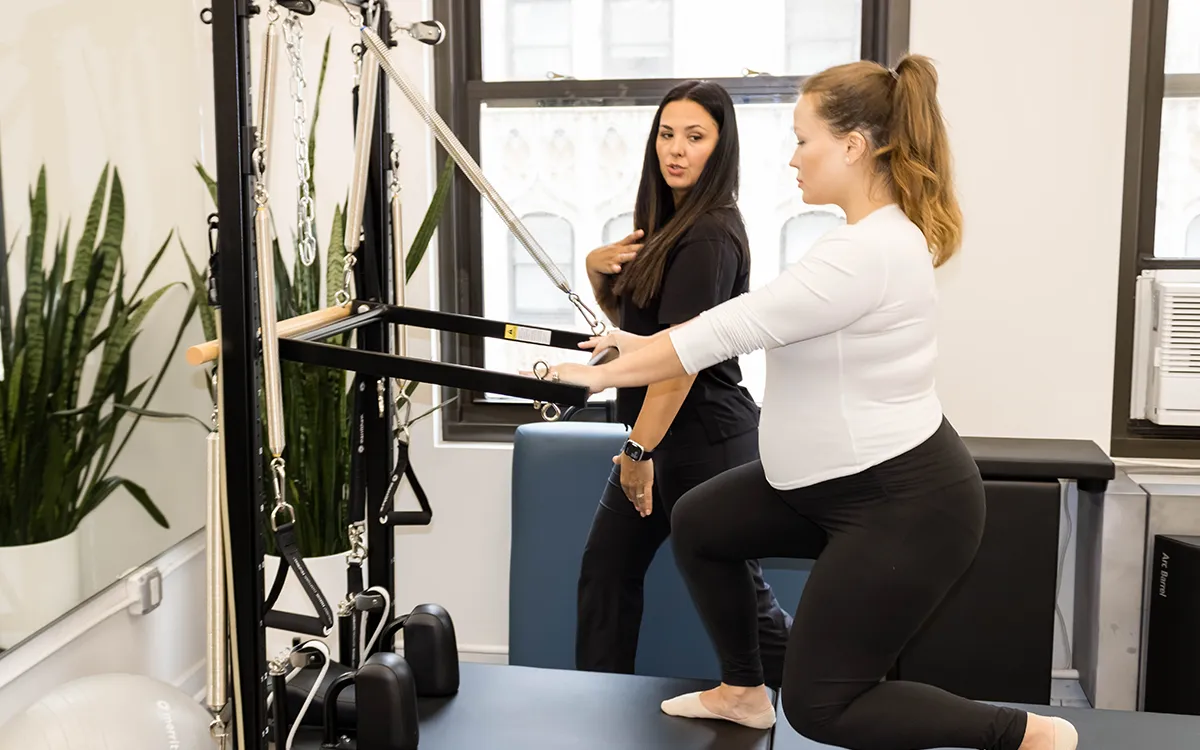
Clinical Pilates
Clinical Pilates is a specialized form of physical exercise that is performed on a one-on-one basis with a doctor of physical therapy. It is a personalized and tailored approach to rehabilitation and fitness, focusing on addressing specific conditions..
Massage Therapy
Medical massage therapy is a soft tissue technique that increases blood and lymph circulation throughout the body and is a general term for rubbing, pressing and manipulating your ligaments, tendons, muscles and skin.
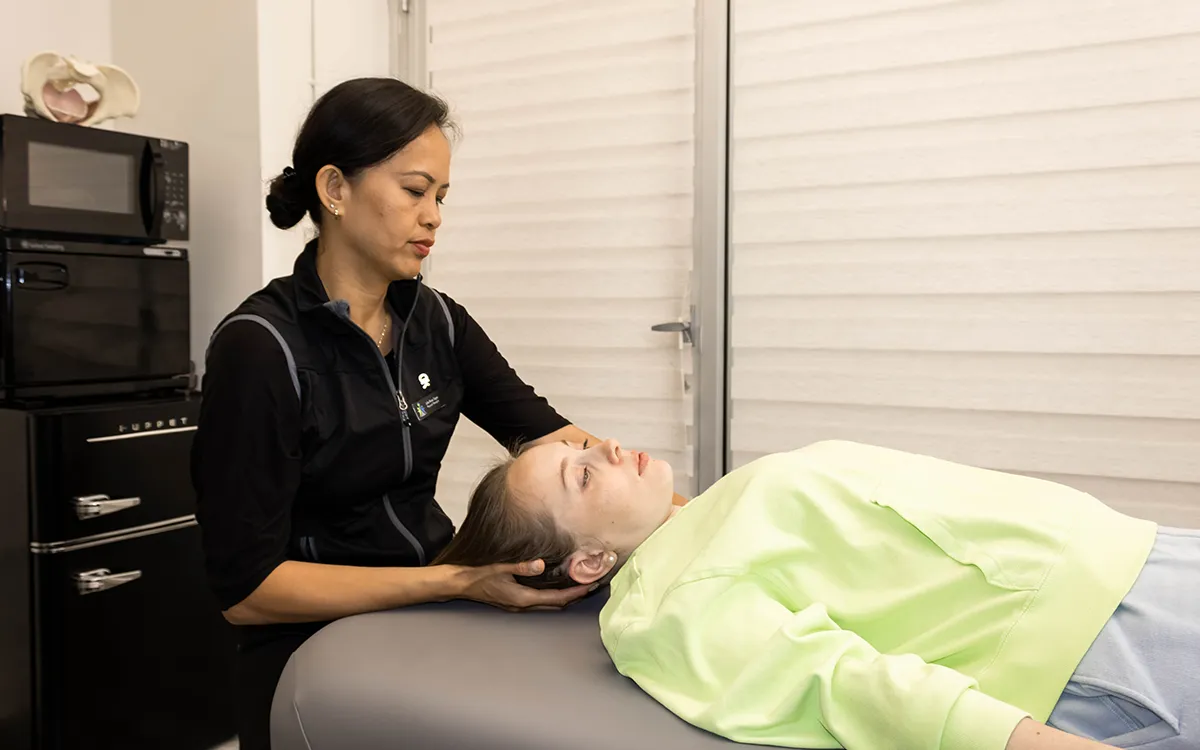
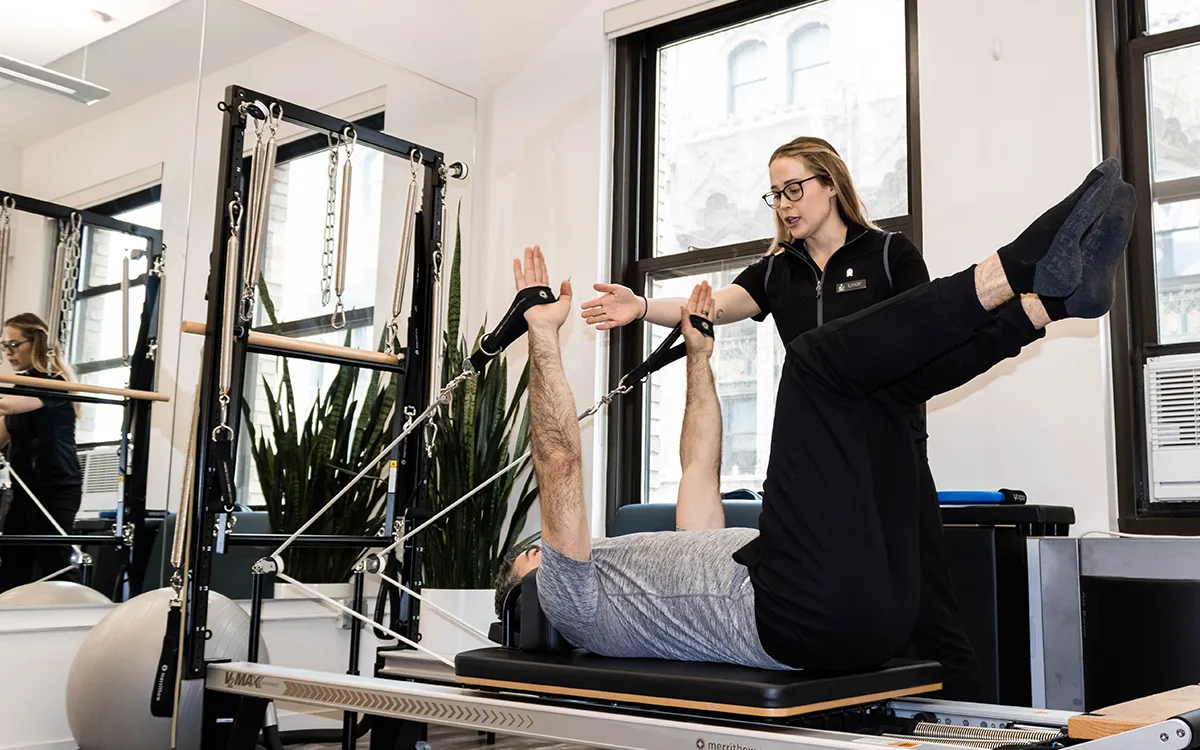
Orthopedic Therapy
Orthopedic physical therapy is a specialized field of physical therapy that focuses on the treatment of musculoskeletal injuries and conditions. Orthopedic physical therapists work with individuals who have conditions
Pelvic Floor Therapy
If you’re experiencing discomfort, pain or other issues related to your pelvic region, you’re not alone. Pelvic floor dysfunction is a common condition that affects many people, particularly women who have given birth. But there’s good news: Pelvic floor therapy can help..
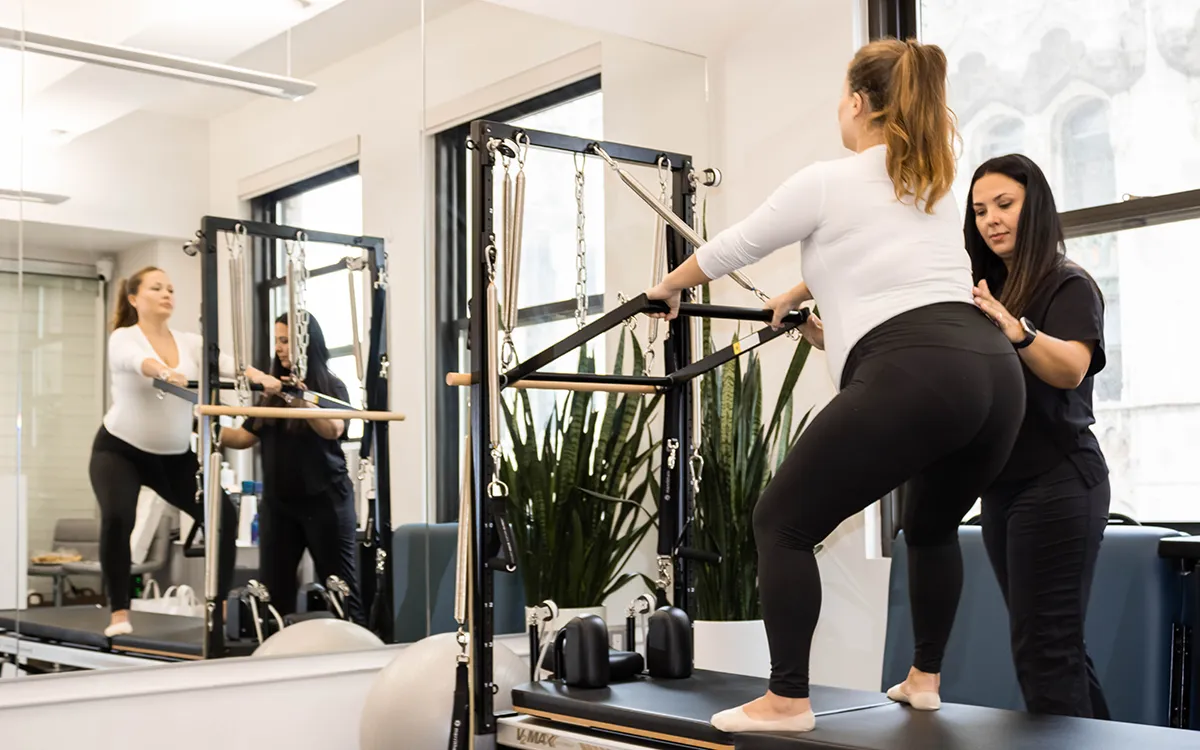
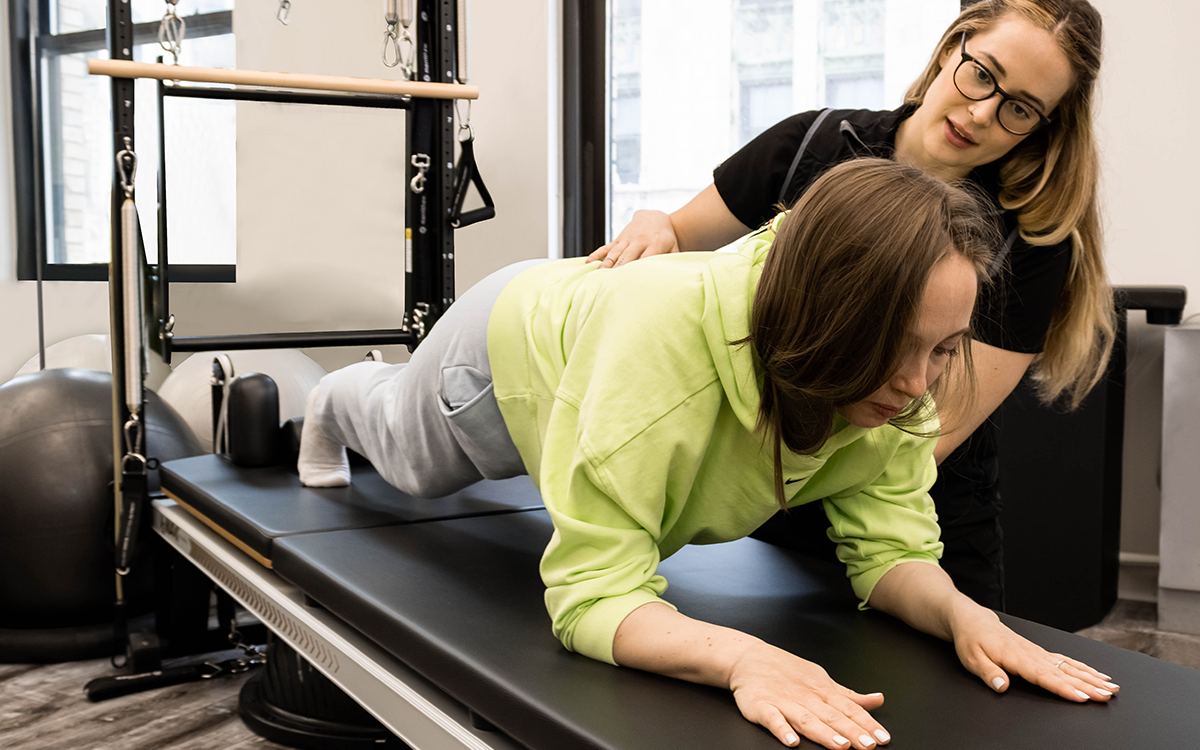
Physical Therapy
Physical therapy is a great first-line treatment for most muscle and joint problems. Clinically proven to reduce pain and dysfunction, physical therapy also saves you time and money too. Although other kinds of practitioners will offer some of these treatments..
Women’s Health
Tribeca Physical Therapy is offering women’s health services in New York. Women’s health is important to consider before, during and after pregnancy, as well as throughout life with ageing and menopause. Perinatal care includes preconception, prenatal..
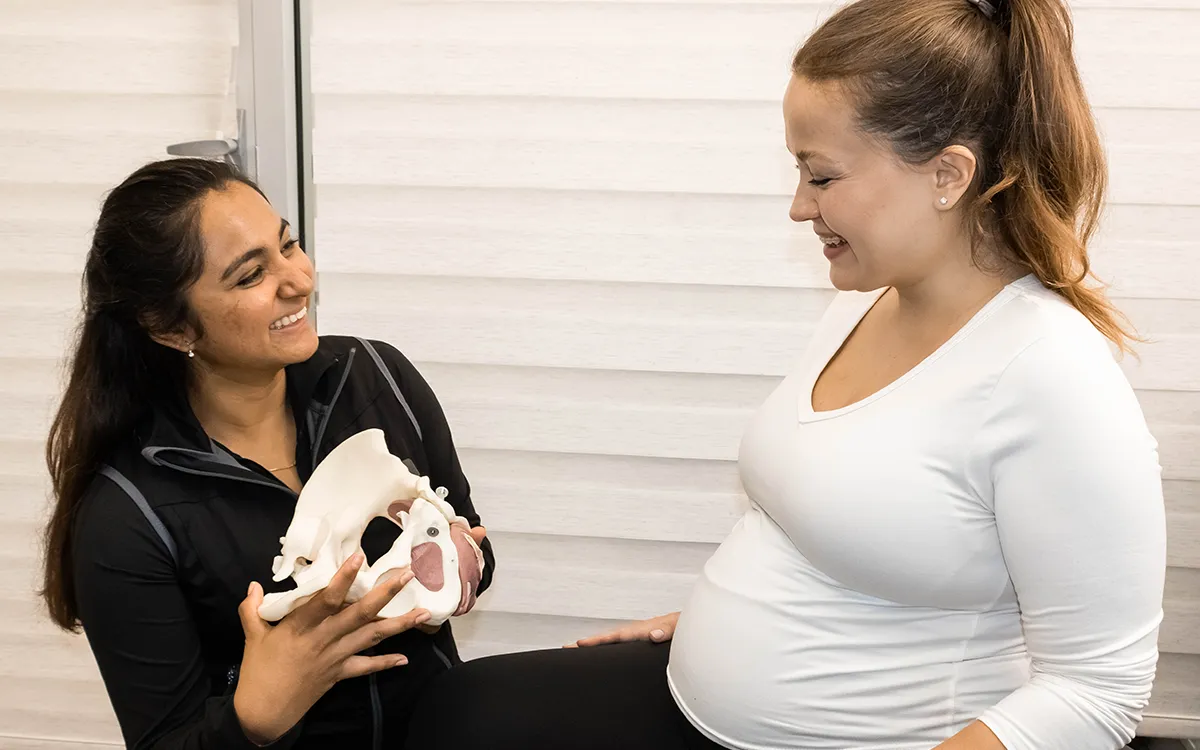
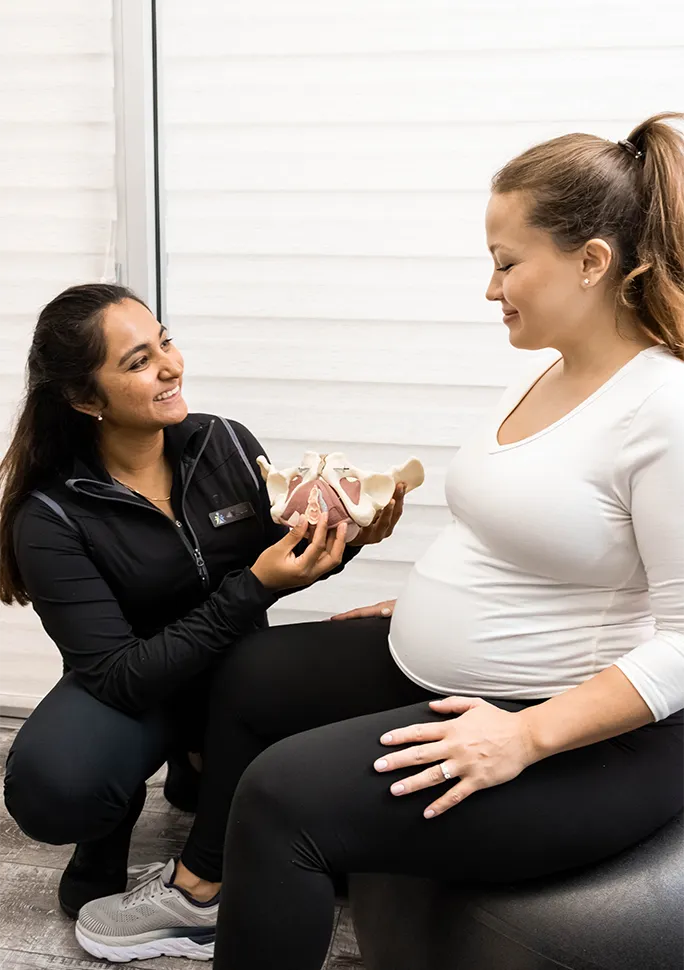
Live Pain Free in Tribeca
Our team understands that you want to live an active lifestyle that is comfortable and capable. Your body must work in order to achieve that. You are experiencing pain, injury or weakness, which can make you feel confused and frustrated.
We believe that you deserve a body that is fully functional. We know what it is like to be injured,which has led to our success in helping thousands of people get back to their active lives.
This is how we do it:
- Tell us your story
- Get your customized plan.
- Start feeling better.
- Conquer your goals.
Our Physical Therapy Programs
We make sure that our patients receive high-quality pelvic floor therapy as well as custom programs that are perfect for them!
The programs are designed to help you achieve your physical health goals. They start with pain management and continue to use corrective exercises to build your body’s strength.
Then, you’ll be doing functional training activities and then the injury prevention phase. This is crucial to keep your strength up and prevent injury.
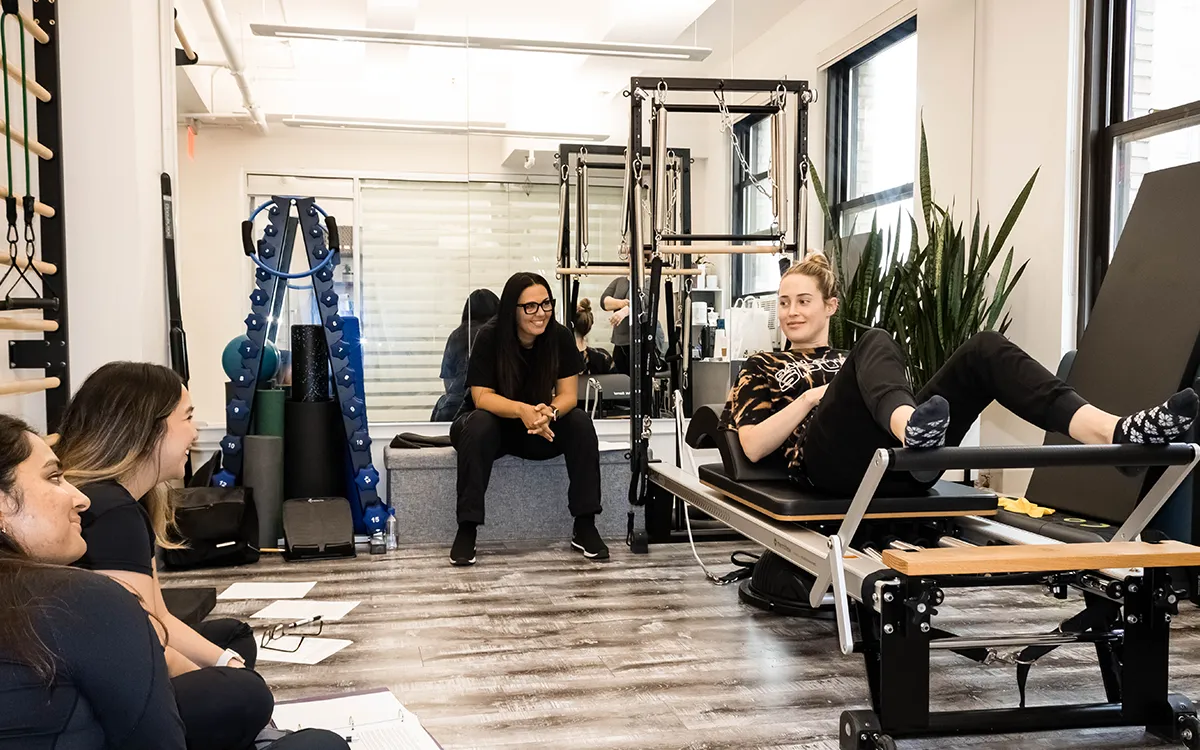
Frequently Asked Questions
What is the pelvic floor?
The pelvic floor is a set of muscles that line the pelvic bowl and perform several essential functions, including supporting pelvic organs, stabilizing the pelvis and lumbar spine, and aiding bowel/bladder control and sexual function. These muscles are a crucial component of our core. They also contribute to sphincteric control and postural support.
Weakness in these muscles can lead to a variety of symptoms, such as involuntary leakage of urine or feces, passing of gas, or contributing to pelvic girdle or low back pain. Conversely, when the pelvic floor muscles are too tight, they can cause pain within the pelvis, difficulty emptying the bowels and/or bladder, painful intercourse, discomfort during gynecological exams, abdominal pain, and more. Pregnancy and delivery can cause numerous changes in the pelvic floor muscles, necessitating some postpartum care and attention, even after cesarean sections.
What are the direct access laws?
New York allows direct patient access to a physical therapist with some provisions. A physical therapist can treat direct access patients when a licensed PT treats a patient for no more than ten visits or 30 days, whichever comes first, or the licensed PT has three or more years of experience and is at least 21 years old. The PT may also provide the patient with a written notice at the beginning of treatment stating that the patient’s health plan or insurer might not cover the services without a referral.
The PT must keep a copy of this written notice in the patient’s file, and the notice must contain all of the following:
- Start date of the patient’s treatment
- Name and address of the patient
- The patient’s signature and date of signature, validating that they read and understand the notice
- The PT’s name, address, signature, and date of signature
What do I need to wear or bring with me?
You should dress in comfortable, loose clothing that allows you to move easily and doesn’t restrict circulation. Depending on your condition, your physical therapist may also recommend special shoes or a brace. You should also bring any paperwork related to your medical history, including x-rays, ultrasounds, and doctor’s notes.
Is there anything I can do before my appointment to prepare?
Yes! Make sure you arrive for your session well-rested so that you can give it your full attention and energy. It is also helpful if you keep track of how much pain medication (if any) you take prior to the appointment so that the physical therapist can adjust the intensity of treatment accordingly.
How long will my physical therapy sessions last?
Sessions typically last 30-60 minutes depending on your condition and the types of techniques used. Your physical therapist will give you an estimate when you first arrive for your appointment.
Are there any exercises I can do at home between appointments to help improve my condition?
Yes! Your physical therapist may provide specific exercise recommendations for you to try in between visits, which will help speed up your recovery and progress faster toward reaching your goals. It’s important to follow these carefully and always check with your PT before starting a new exercise program if you have any questions or concerns.
What if I have questions after my physical therapy session?
Your physical therapist should be available to answer any questions or concerns you may have about your treatment plan before and after each visit. You can also contact the clinic directly for further assistance. We want you to get the most out of every session!
Will insurance cover my physical therapy?
It depends on your insurance plan. Most plans cover some or all of the costs associated with physical therapy, but you should check with your provider to determine coverage and any associated fees.
How often will I need to attend physical therapy sessions?
The frequency of visits will depend on your individual goals and condition, but typically it is recommended that patients attend 2-3 times per week for a minimum of 4-6 weeks in order to maximize results. Your therapist will provide more details during your initial appointment.
How long will it take for me to see results?
Every person’s situation is unique; therefore the amount of time needed to reach goals varies. With commitment and dedication from both you and your physical therapist, you can expect to start seeing results within a few weeks. The more positive lifestyle changes you make, the faster your progress will be!
Will my physical therapist be able to answer any questions I have about my condition?
Yes! Your physical therapist should be available to discuss any concerns or questions you have regarding your condition or treatment plan. Don’t hesitate to bring up any issues that may arise during the course of therapy.
What if I feel too much pain during a session?
If at any time during your physical therapy session you experience increased pain, it’s important to let your therapist know so they can adjust the intensity or technique as necessary. Your therapist will work with you to make sure that treatment is comfortable and effective for you
How will I know when I no longer need physical therapy?
Your physical therapist should be able to provide guidance on when it is appropriate to stop attending physical therapy sessions based on your progress, goals, and overall health status. It’s important to listen to your therapist and continue with treatment until they feel you are ready to move on.
